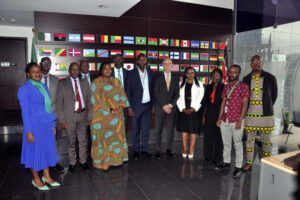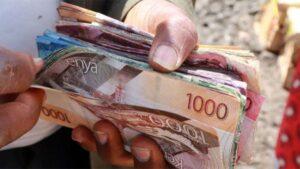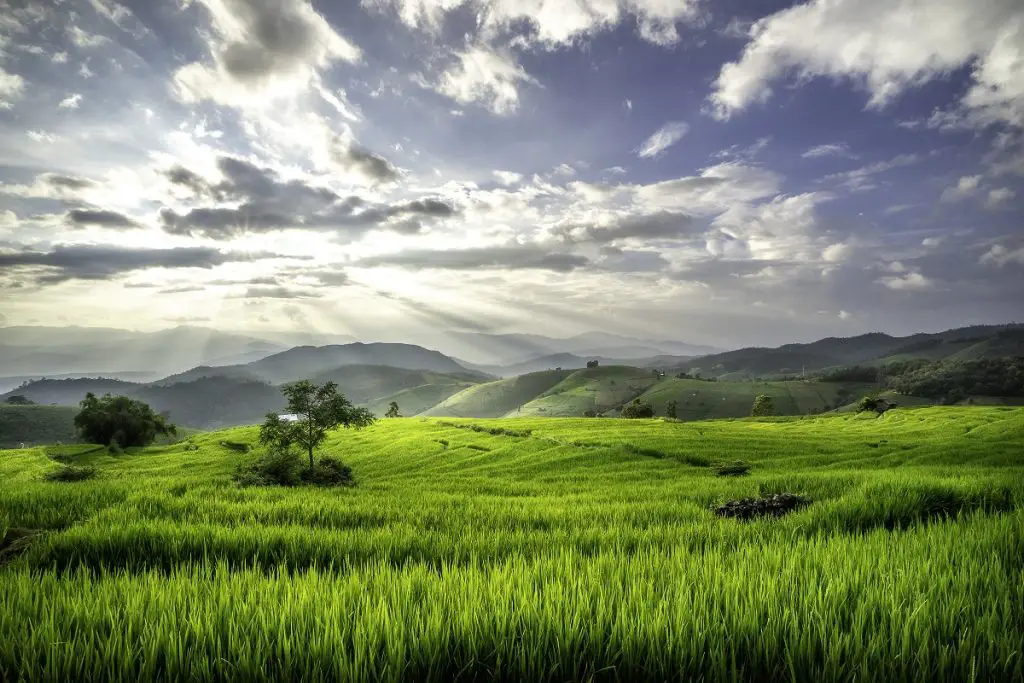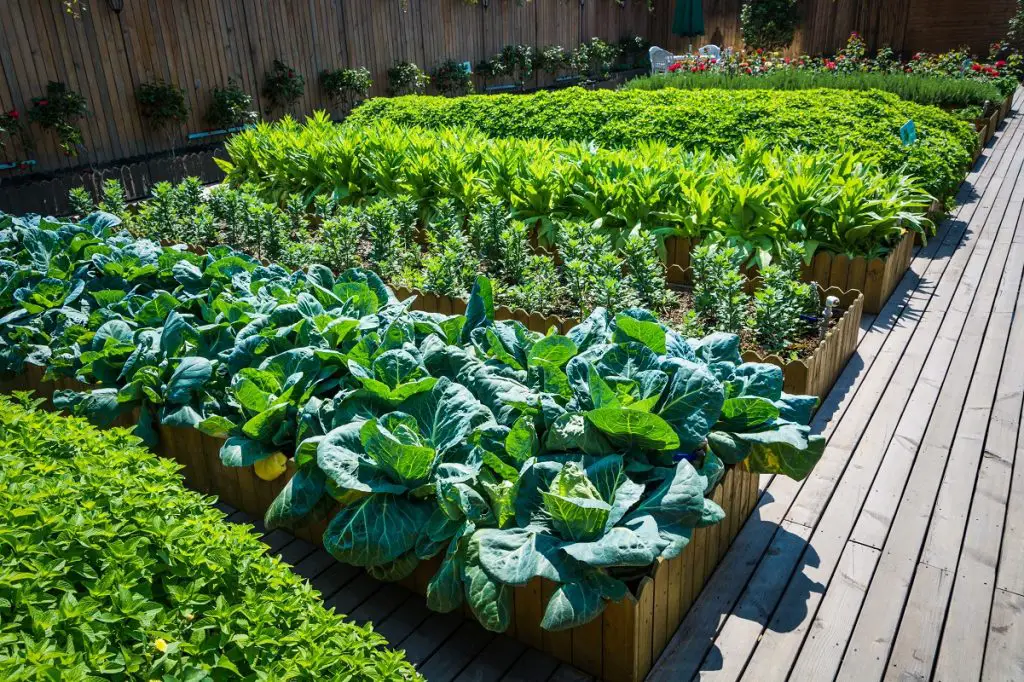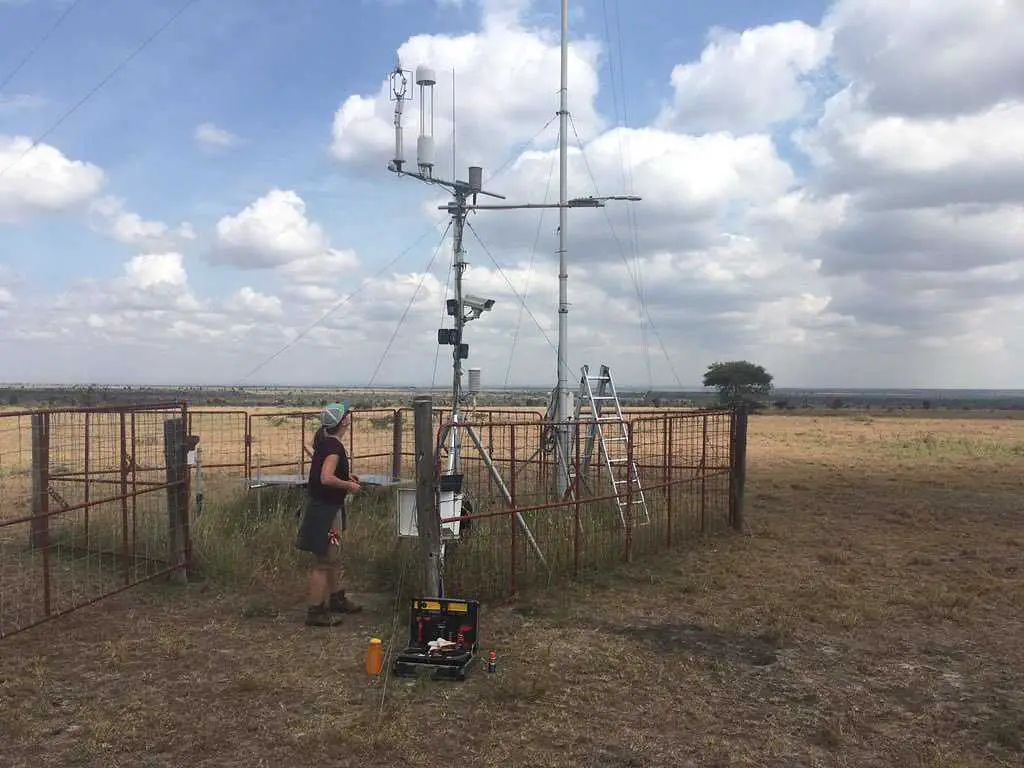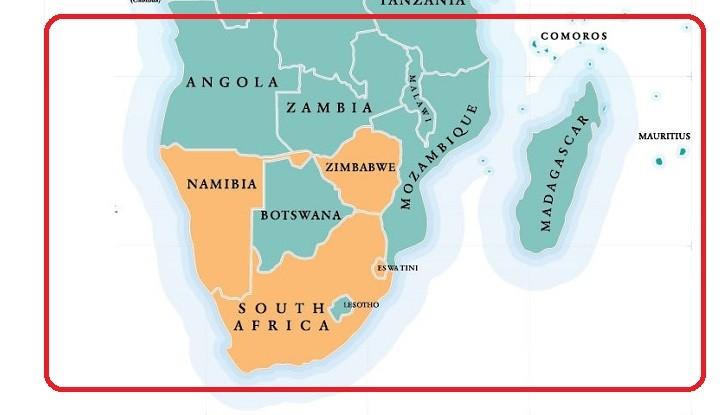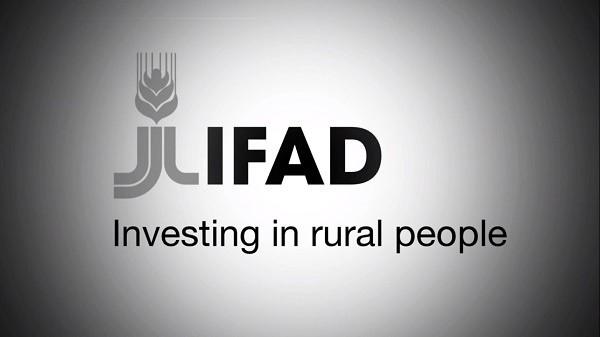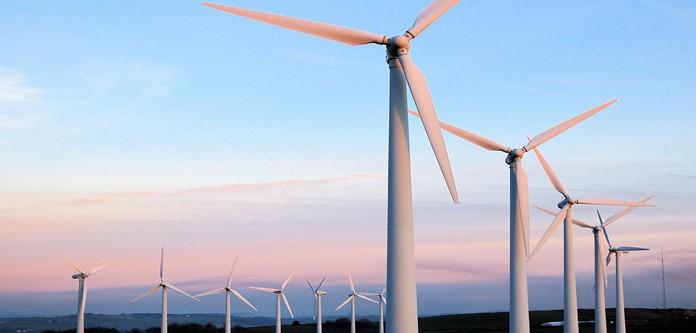- Kenyan Farmers Receive $2M Boost from Africa Fertiliser Financing Mechanism
- Brace for High Interest Rates for a Longer Period World Bank Warns Kenya
- Kenya-Ethiopia Trade Relations: Legislators Advocate for Policy Alignment to Boost Ties
- Visualising the state of debt in Africa 2024
- Abu Dhabi radiates optimism as over 300 startups join AIM Congress 2024
- TLcom Capital Raises $154 million in Funding to Boost Its African Growth
- Africa’s $824Bn debt, resource-backed opaque loans slowing growth — AfDB
- LB Investment brings $1.2 trillion portfolio display to AIM Congress spotlight
Browsing: Climate change
FAO’s latest update says that large numbers of desert locust swarms that have formed in Kenya and Ethiopia since January could move west in the coming weeks…
The practice emphasizes protecting the soil’s top layer which is the most vulnerable to degradation through erosion and leaching.…
Consequences of conflict also mean that the most affected may not be able to return to productivity if land, equipment and other resources used to produce food are destroyed.…
Changing weather patterns not only affect food production and ecosystems that humans depend on but they also create challenges which threaten the very existence of humanity.
Diseases are some of the risks that come with unpredictable weather cycles making it hard to predict or curtail outbreaks.
With increased disease outbreaks, there is strain on available resources which include human, technical and financial. In addition, time is usually limited if it becomes an issue of race against an epidemic.
Is Africa ready for the risks associated with climate change?
A look at the response in most countries in Africa shows that while governments may do the best they can to contain outbreaks, the changing climate phenomenon may make it harder since pathogens that cause the diseases may be mutating and becoming resistant to available drugs.
This means that without the capacity to keep researching and producing new and stronger drugs, the …
The East African region is counting the cost with more than 35 million people more are at risk due to the locust invasion…
At Kapiti research station, 70 Km south of Nairobi, scientists based at the International Livestock Research Institute (ILRI) and its Mazingira Centre – a-state-of-the-art environmental and education facility in East Africa is conducting essential climate observations. Collecting actual data on how the climate is changing in Kenya’s Savannahs has remained a challenge. Thus, the data available to show climate variations in East Africa has always needed validation.
The most commonly used method is use of satellite imagery which unfortunately lacks the ability to show actual data for a specific area spanning a couple of kilometers. This data captured by satellite, especially land surface temperature and greenhouse gas emissions might have a certain level of difference with that observed on the ground, commonly referred to as variance. Further, the use of satellite imagery and simulations are often not calibrated to the region where they are applied to and thus have an …
With more than 14 million people in Southern Africa facing acute hunger, non-governmental organisations are calling on the AU Heads of State to address the issue threatening lives in the region.
The NGOs comprising of Oxfam, CARE, Plan International and World Vision are also calling for the implementation of agricultural policies that will enable people to feed themselves in line with the AU’s Malabo Declaration’s commitment of investing 10 per cent of national budgets in agriculture.
In addition, Southern African leaders are being urged to increase investments in early warnings and early action systems on natural hazards and promote agroecological approaches to transition towards more just and sustainable food systems.
14.4 million people facing acute hunger
Severe food insecurity rates across 9 southern African countries are 140 per cent higher now than in 2018 primarily because people are being hit by weather extremes driven by climate change.
Across the Southern …
The United Nations (UN) Climate Change Conference COP 25, has levitated the climate action landscape in Africa
This has led to the African Development Bank (AfDB) to join forces with 11 other international organizations to assist developing countries to build resilience against the impact of natural disasters caused by extreme weather.
The initiative comes at a rather perfect moment, especially when the region is faced with unprecedented catastrophic weather events affecting the continent’s economy.
According to AfDB, the institutions came together at the COP 25 climate change conference in Madrid on Tuesday to launch the Alliance for Hydromet Development.
Alliance for Hydromet Development
According to the World Meteorological Organization (WMO), the Alliance for Hydromet (hydrological and climate services) Development brings together major international development, humanitarian and climate finance institutions, collectively committed to scale up and unite efforts to close the hydromet capacity gap by 2030. It aims to increase …
Ethiopia’s most vulnerable families are set to benefit from a new US$451 million project to increase their resilience to climate shocks in the country’s poorest regions.
A financing agreement for the Lowlands Livelihood Resilience Project was signed today by Gilbert F. Houngbo, President of the International Fund for Agricultural Development (IFAD) and Zenebu Tadesse Woldetsadik, Ambassador, Permanent Representative of the Federal Democratic Republic of Ethiopia to the United Nations Food and Agriculture Agencies in Rome.
The funding includes a $90 million loan from IFAD and $350 million in co-financing from the International Development Association (80 per cent loan and 20 per cent grant) and $11million from the beneficiaries themselves.
The project, primarily designed to help achieve Sustainable Development Goals 1 and 2 (eradicating poverty and hunger) will install small-scale irrigation technology to reduce dependence on erratic rains. It will also help smallholder farmers to invest in research systems for faster …
The government of Chile was given the right to preside over the United Nations Framework on Climate Change Convention (UNFCCC) COP25 but along the way, it struck a deal for the event to be held in Madrid, still under its presidency.
The annual event normally held on the first week of December provides the world with a time to reflect, negotiate and strike deals to provide a soft landing for a world suffering from harsh effects of climate change. Of course there are countries who don’t see the need for such a conference, what has come to be labeled as climate change denial, USA leading the pack.
While developing countries are far from getting a relief for a problem they have contributed less about, the developed countries have worked to develop fair means of reducing emissions, and compensation where applicable.
The World Bank argued in a 2016 report that sub-Saharan …
